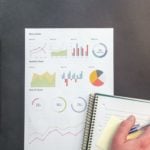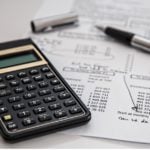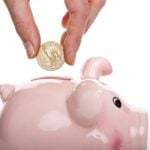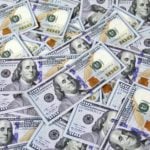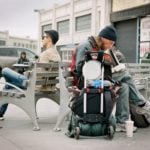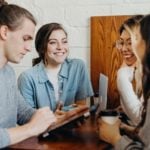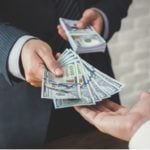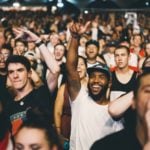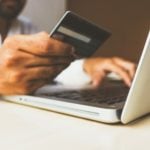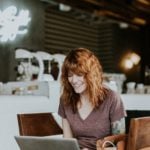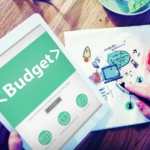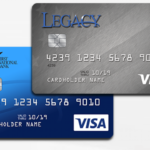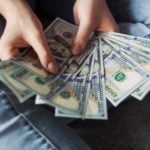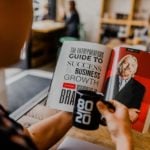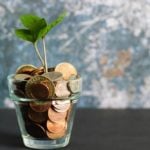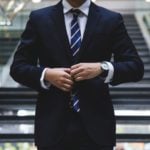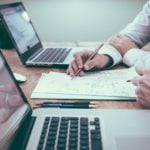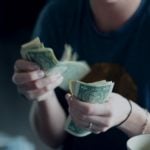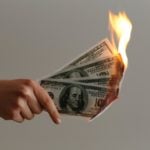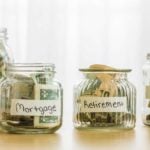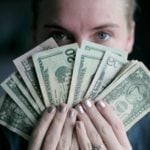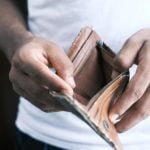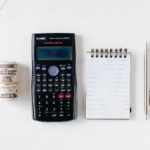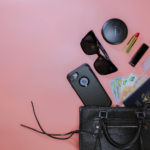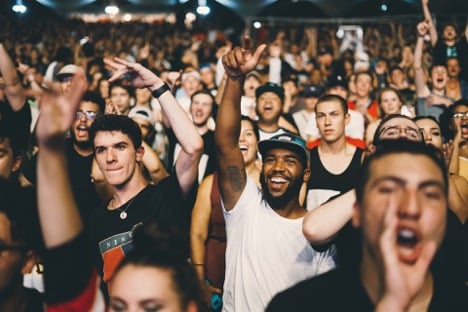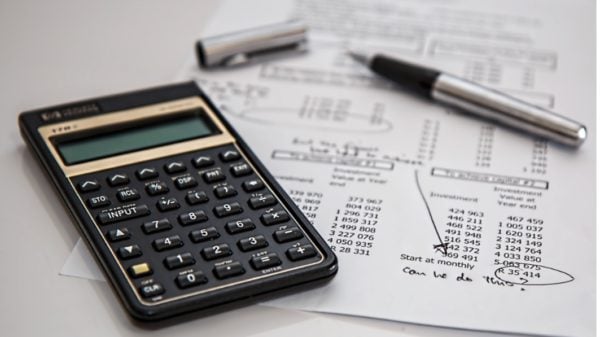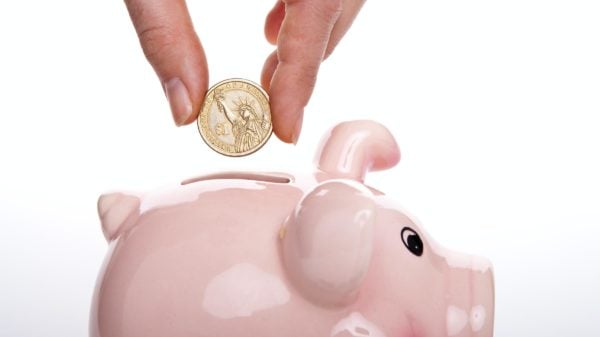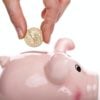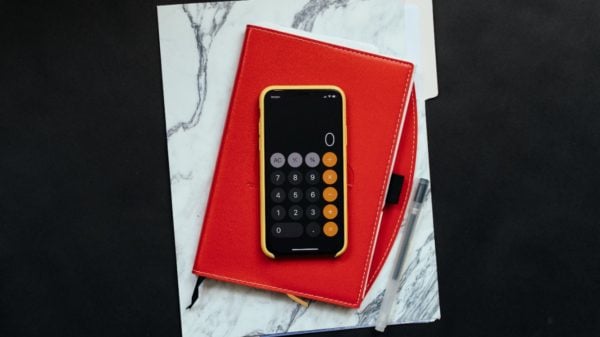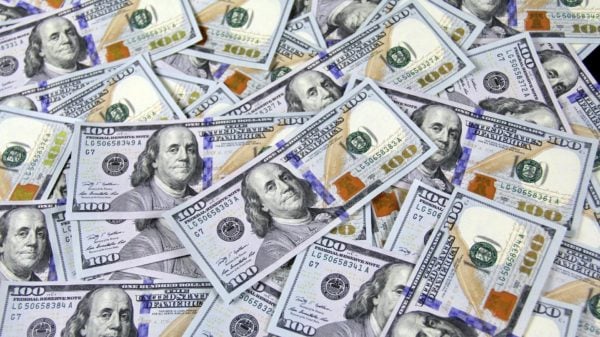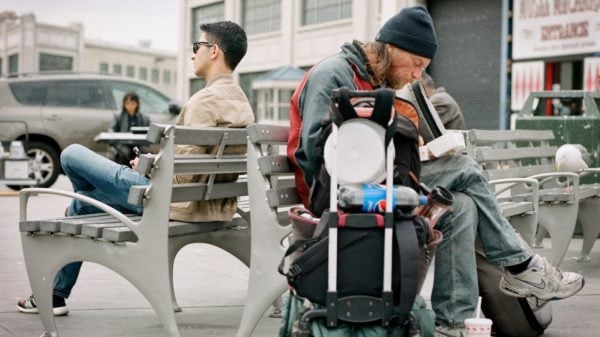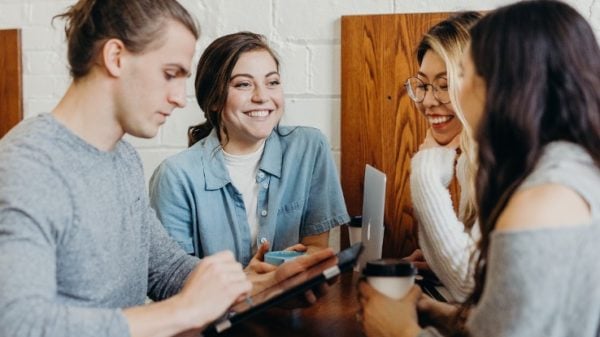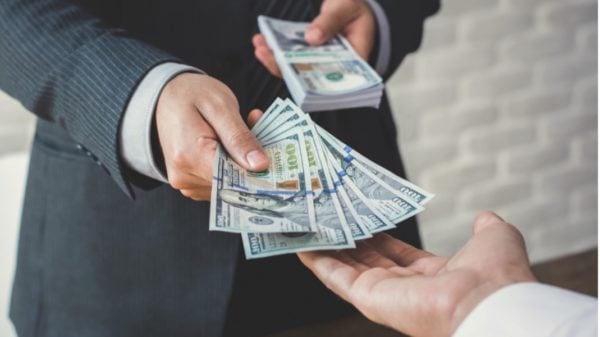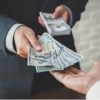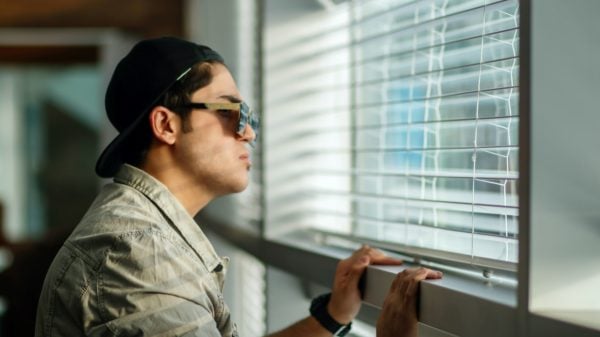If others treated you poorly because you were not part of a specific group or they have favored you over others because you belonged to a particular group – you experienced ingroup and outgroup bias. If this is the case, you’ll have no trouble understanding this psychological phenomenon.
Ingroup and Outgroup Bias – Psychological Definition
There are some social groups that we are born into, such as race, gender, religion, and others. Other groups we become a part of growing up, such as national sports teams, professional circles, and more. As an individual, we can be part of several groups simultaneously. For example, you can be a local football team supporter, high school student, and Maroon 5 fan who belongs to the middle class.
The ingroup and outgroup bias is a psychological pattern of favoring members of one’s ingroup (any group that you identify with) and disfavoring members of the outgroup (any social group that you do not identify with). Sometimes, these biases are so subtle that people commit them without even realizing it.
These biases can take several forms, from the highly disfavored racial prejudice to a more benign college student discount at a certain store. Chances are, you have committed either of the two biases at least once in your life. Perhaps you got a free drink for your football team supporter. Or you swiped right on someone with the same eye color as yours. These are forms of ingroup and outgroup bias.
According to the behavioral psychologist Tajfel, his study pioneered the concept of Us and Them. Accordingly, ingroup and outgroup bias occurs whenever an individual’s social world is clearly dichotomized between ‘Us’ and ‘Them.’
How Can it Affect You?
In some cases, ingroup bias can help us, but mostly any discrimination can be harmful. If you commit ingroup bias to help a vulnerable or distressed ingroup member, it can be a good application of the bias. One of the most prominent examples of this can be the Black Lives Matter movement, where thousands of black people (and later people of all colors and ethnicities) rose up to protest against the injustices the black community experiences.
However, the poor treatment the black community faces is a result of outgroup bias, to begin with. This type of bias further leads to anxiety and depression among the victims of the bias, where they feel helpless and incapable. If anyone is not given a job or ridiculed for not belonging to a certain group, it takes away their motivation to make any effort.
Key Takeaway
It is true that sometimes committing ingroup and outgroup bias can be so subtle that you do it subconsciously. However, it is imperative to open our eyes to such little social nuances. The more aware and socially woke we are about how our actions may affect others, the better we can use this psychological phenomenon to create good and avoid injustice.







